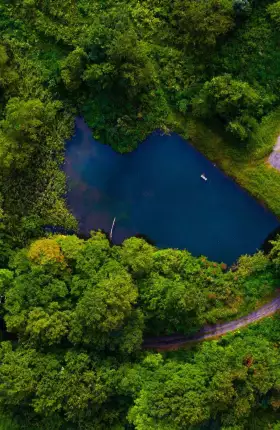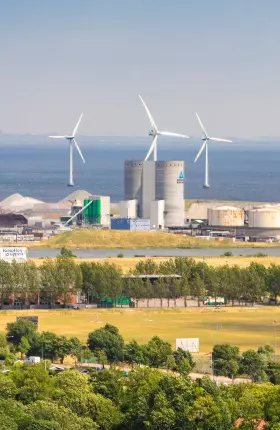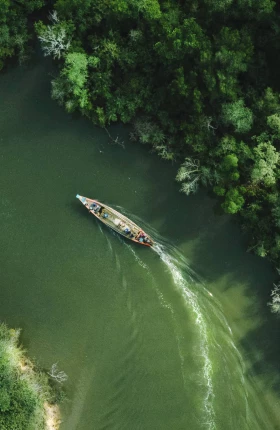
Education
- MPA in International Development, Harvard Kennedy School
- MA, economics, University of Cambridge
- BA, honors, economics, St. Stephens College, Delhi
Honors and Awards
- Member, Drafting Committee, India’s Social Stock Exchange Blueprint, SEBI (Securities Regulator)
- Member, US-India Task Force (Center for American Progress)
- Dean’s Ambassador, Harvard Kennedy School
- Chevening Nehru Scholar, University of Cambridge
- Rudra Prize for all round excellence, St. Stephen’s College
- Mentor, Ananta Fellows for Climate Action
- Commissioner on CGIAR’s Global Commission on Sustainable Agriculture
Varad Pande is a leader in Boston Consulting Group’s Climate & Sustainability (C&S) and Social Impact (SI) practices with a focus on emerging markets. He is part of BCG’s Asia leadership team for social impact, climate finance, and adaptation and resilience. He has over 20 years of global experience as a senior ministerial advisor, an impact investor, and strategy consultant.
Varad’s work has spanned UN Sustainable Development Goal (SDG) domains such as financial inclusion, agriculture and livelihoods; and he has helped shape the global discourse on the role of digital public infrastructure (DPI) in accelerating the achievement of the SDGs.
Before joining the firm, Varad was a Partner at Omidyar Network India, a global leader in impact investing, where he led strategy, impact, and new initiatives. He was a partner and Asia Leader at Dalberg, a global advisory firm focused on social impact.
Varad has been a Special Advisor to India's Minister for Environment & Rural Development, during which time he helped drive India’s agenda on climate change policy, sustainable livelihoods, and digitizing government payments. He led the creation of the Prime Minister's Rural Development Fellowship that connects India's youth with grassroots development. Varad was Principal Advisor to Nobel Laureate Abhijit Banerjee on the UN Secretary General’s Panel on the Post-2015 Agenda which developed the blueprint for the SDGs.











